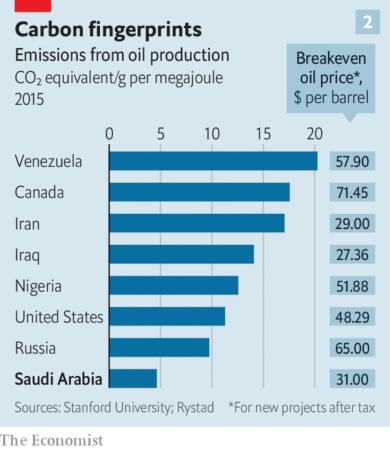It seems like a plausible rule for climate change reduction schemes that the people running them will generally prioritize other political and economic objectives over actual emission reductions. This meshes together with other forms of wishful thinking, where we give ourselves credit for overly generous assumptions about reduced emissions, then find every possible way to cheat to reduce the stringency of the system.
The latest example:
As so often, I am reminded of Stephen Gardiner 5th and 6th propositions about climate ethics from 2011:
In the perfect moral storm, our position is not that of idealized neutral observers, but rather judges in our own case, with no one to properly hold us accountable. This makes it all too easy to slip into weak and self-serving ways of thinking, supported by a convenient apathy or ideological fervor. Moreover, the devices of such corruption are sophisticated, and often function indirectly, by infiltrating the terms of ethical and epistemic argument.
And:
Given this, we are susceptible to proposals for action that do not respond to the real problem. This provides a good explanation of what has gone wrong in the last two decades of climate policy, from Rio to Kyoto to Copenhagen. However, the form of such “shadow solutions” is likely to evolve as a the situation deteriorates. Some recent arguments for pursuing geoengineering may represent such an evolution.
It’s also reminiscent of Greta Thunberg this year:
You don’t listen to the science because you are only interested in solutions that will enable you to carry on like before. Like now. And those answers don’t exist any more. Because you did not act in time. Avoiding climate breakdown will require cathedral thinking. We must lay the foundation while we may not know exactly how to build the ceiling.
No climate policy ever works as well as in an ideal case because those implementing it always have higher, more local, and more immediate priorities than the policy’s effectiveness at controlling climate change.
When I was at the Treasury Board Secretariat, for instance, I was told that when it came to the money the government was giving to car companies to supposedly improve their environmental performance it didn’t matter to us if there were any actual environmental benefits from what they were proposing, and it was similarly outside our mandate to consider whether the companies would have done the same things without the money.
We’re not coming at this like people determined to solve a problem. Instead, we’re acting like people who are being nagged to take action on a problem which we half-recognize but mostly just want to ignore. That meshes menacingly with how the problem keeps turning out to be more alarming than we feared, and where drastic action is necessary immediately to avoid catastrophe.


